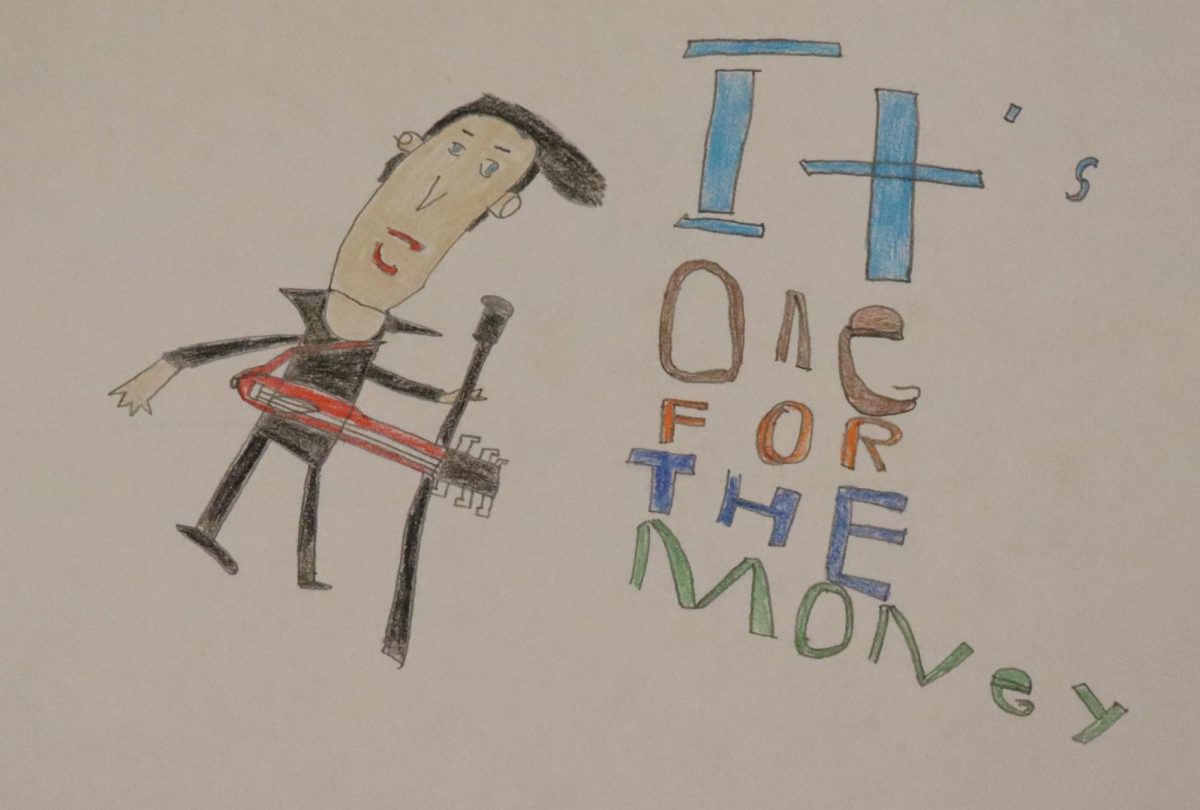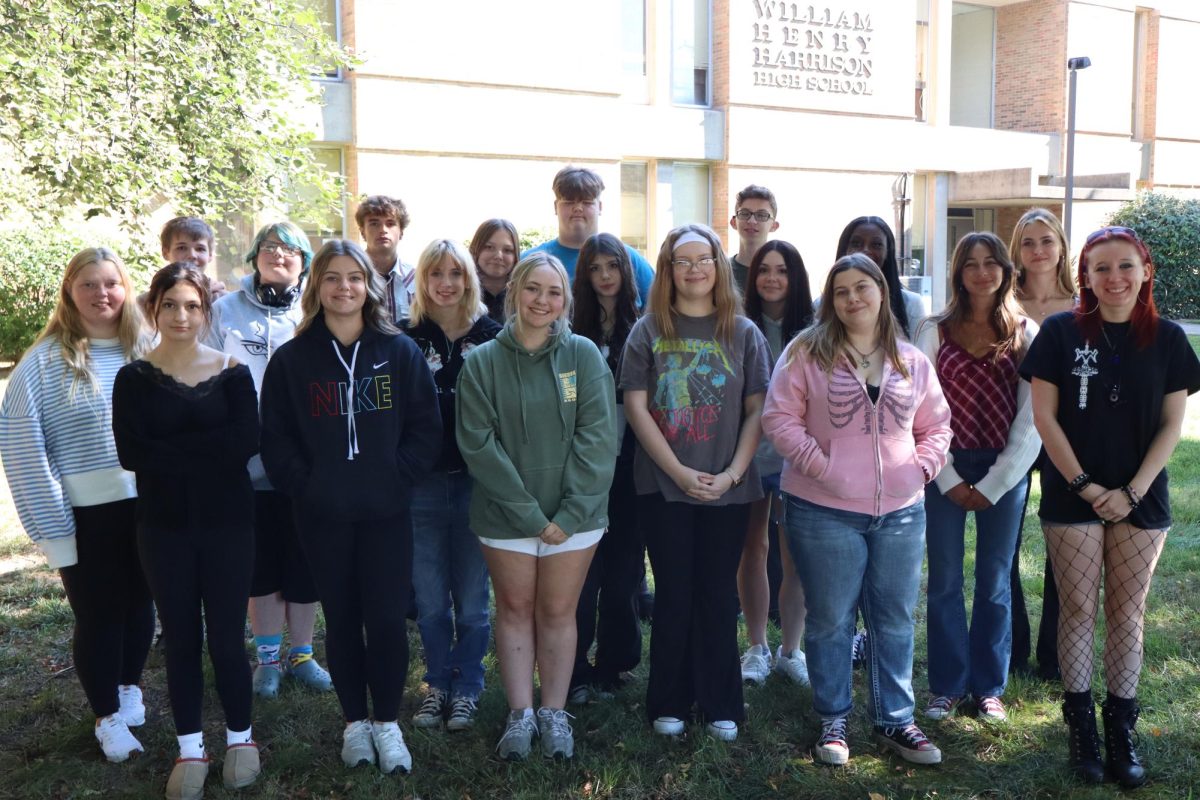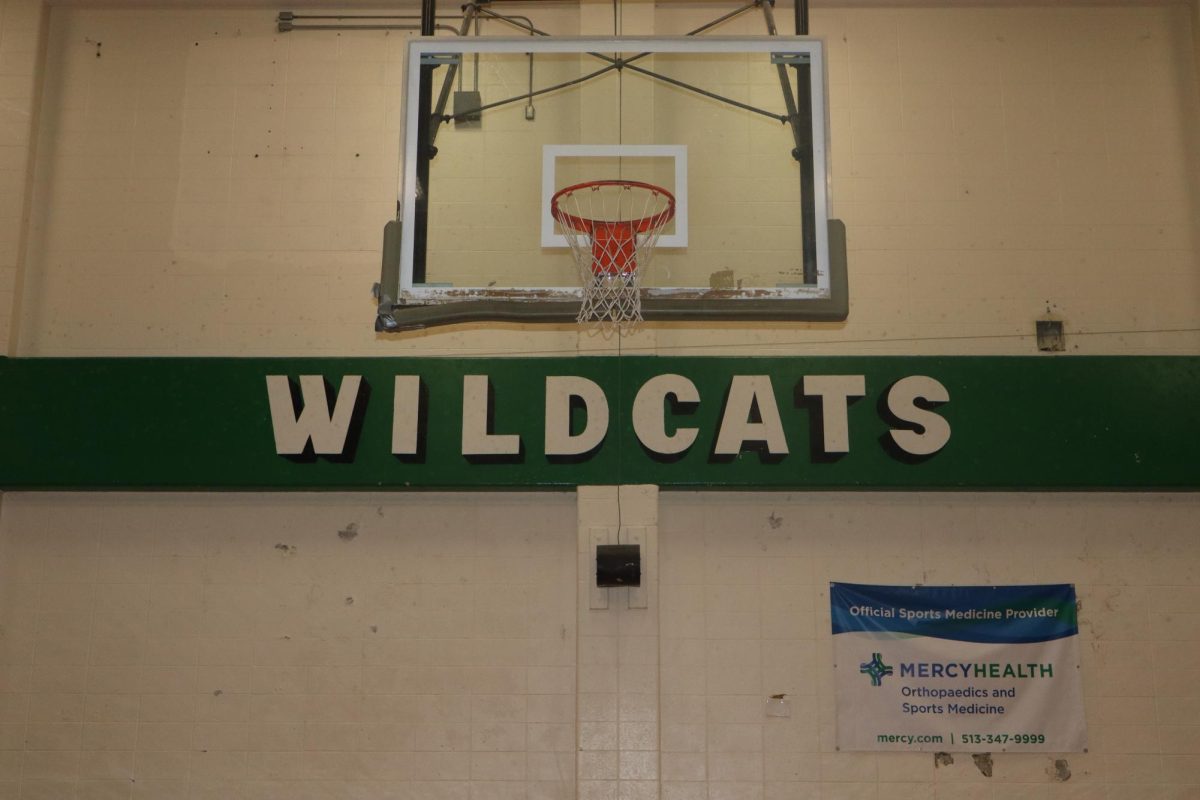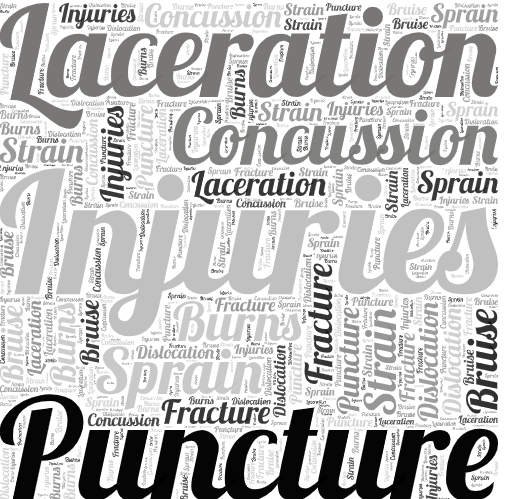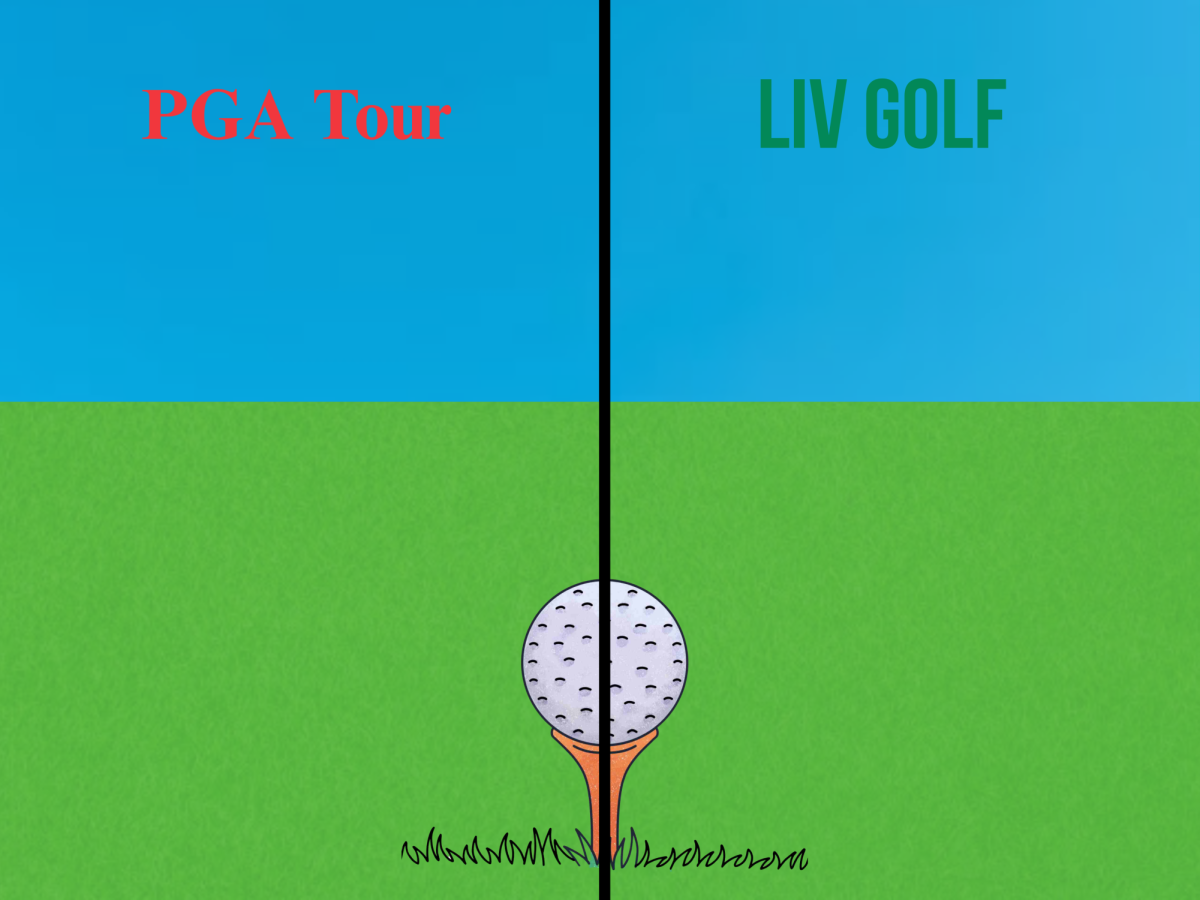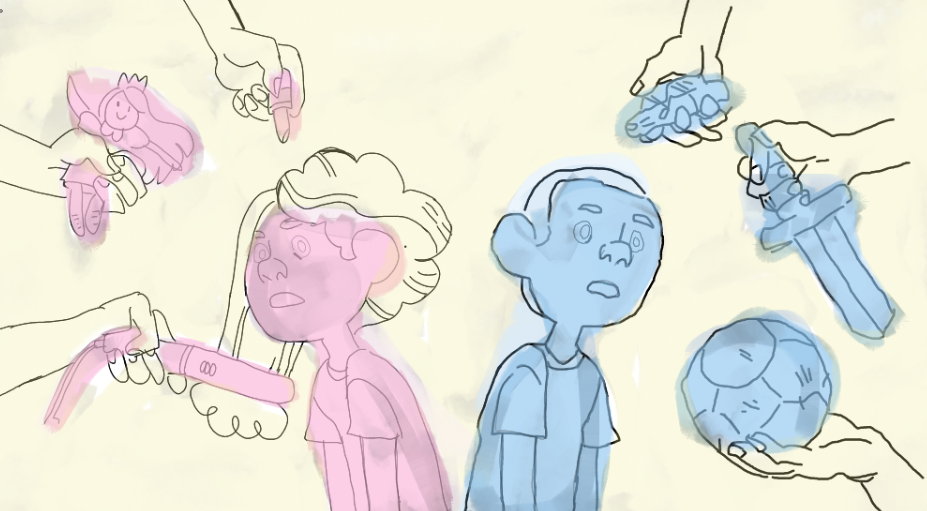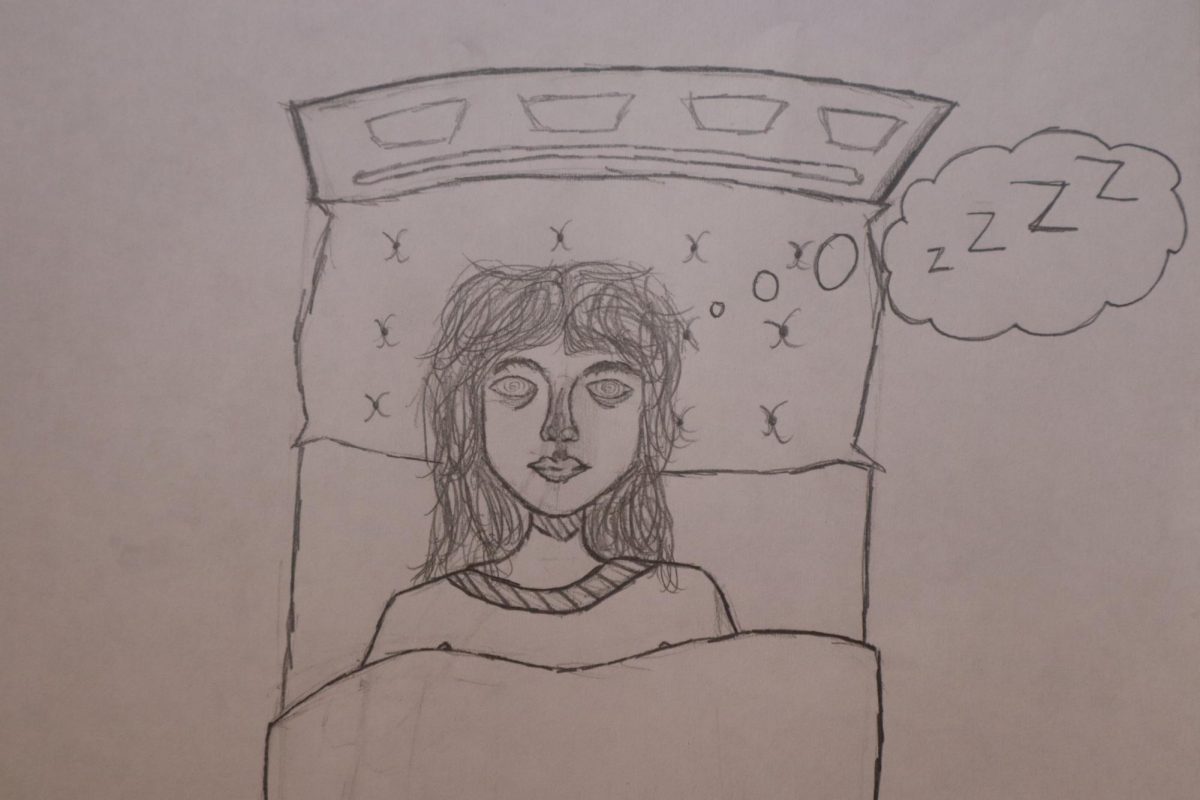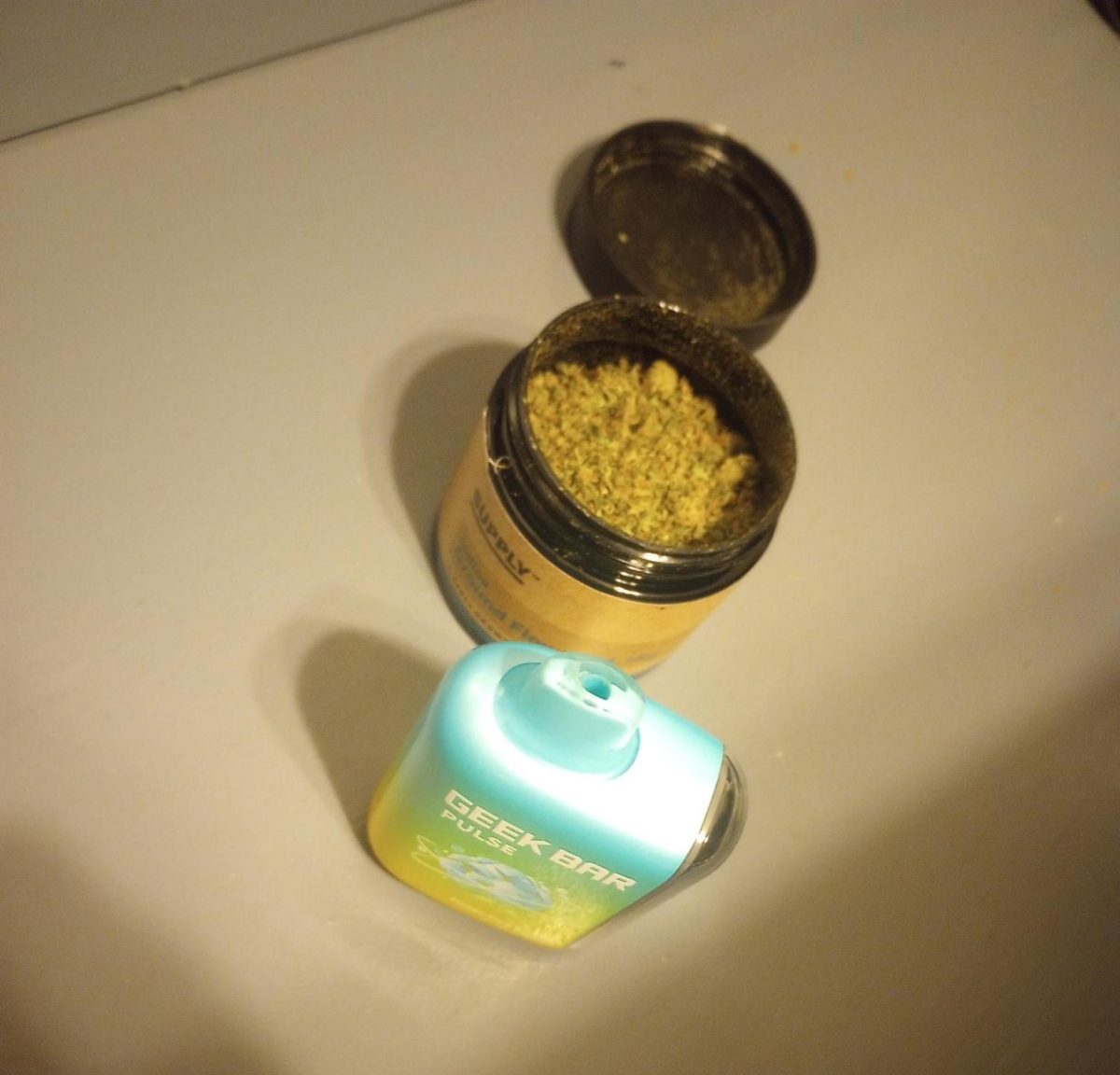Students have a lot on their plates: school and family pressures, mental health, and friend stress are some of the countless issues that students have to deal with. But one of the largest problems plaguing teenagers isn’t any of those issues, it’s the unfortunate number of teens who suffer from substance abuse and drug addiction. Often, the people who suffer from these pervasive issues are very rarely featured to the general public, thus causing them to lose a key pillar of support.
Those with a drug addiction, especially teenagers, tend to have environmental factors that made them more likely to be vulnerable to addiction. Two Harrison students struggling with addiction, who will remain anonymous, report that they were exposed to drug use by parents and friends since they were young. Early and repeated exposure to drug use is a known risk factor, according to the NIDA. Peer pressure is one of the largest factors in who uses drugs. Our anonymous junior reports that their key reason for trying drugs was that they were surrounded by 17-18 year olds, and wanted to look “cool” to them.
Another key issue that often goes unseen, especially in the case of teenage substance abuse, is how much drug addiction can strain relationships. The anonymous senior interviewed reports that their ex threatened to break up with them due to their addiction. In addition, their current partner worries about their use if they’re overusing. They’ve also had friendships lost and struggle due to their use of substances, and they work hard to hide it from their guardians.
But what might be the largest issue for those with an addiction is the nature of addiction itself: The inability to quit. About 12% of teenagers can be classified as having clinical addiction. Many of the people subject to this have tried to quit, and failed, as our anonymous junior confided about themself. They also said, “I don’t think you need [nicotine] to live, but in stressful situations it gets to the point where it feels like I need it.” The need to use it to help themselves mentally, in order to calm down in stressful situations, makes our anonymous students, and many others, return to their drugs.
That doesn’t mean that there’s zero help for teenagers, however. Teens with addictions only need one simple thing from others: their support. As our anonymous junior said, “thinking about quitting and the act of quitting are two different things.” Therefore, they need as much support as possible. There are helplines for them, like the Substance Abuse and Mental Health Services Administration’s (SAMHSA) national helpline, but many need more consistent, more valuable help, as well as not being focused on the teenage perspective, but rather, addiction as a whole.
Many would also recommend talking to someone they trust, but they might be worried about getting in trouble, or their trusted person talking about their problems to other people they don’t trust. An alternative option to these are support groups for teenagers, which are a clear safe space for them, among other substance abusers and addicts around their age. They are hard to find, especially in this region, but not impossible, and can provide specific help to each and every abuser. Hopefully, those who struggle can get help, without being persecuted for wanting to get better.






